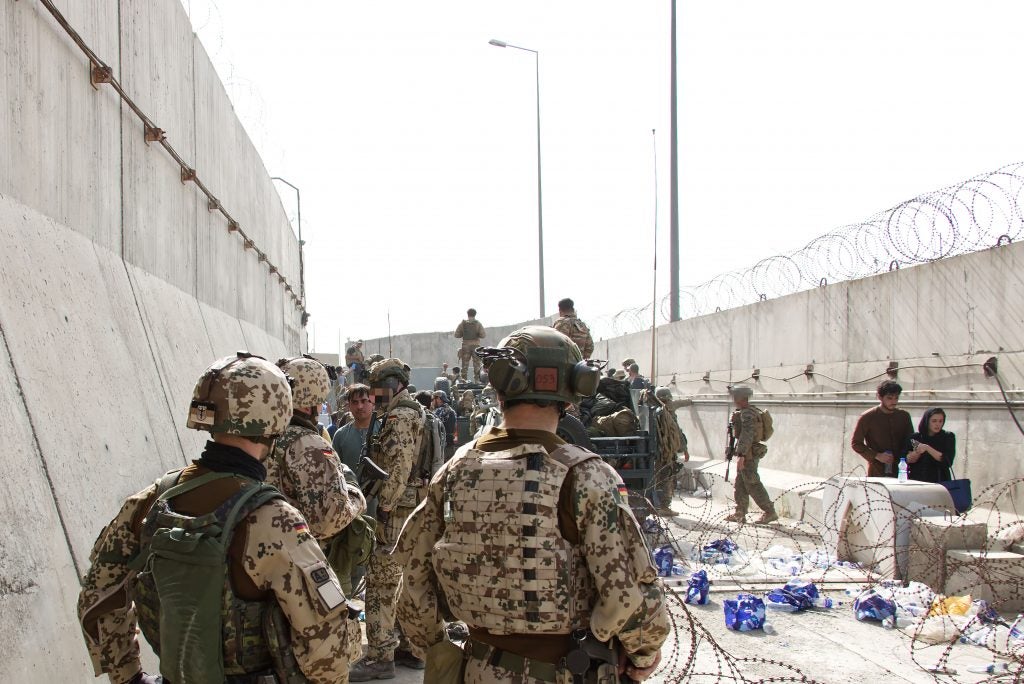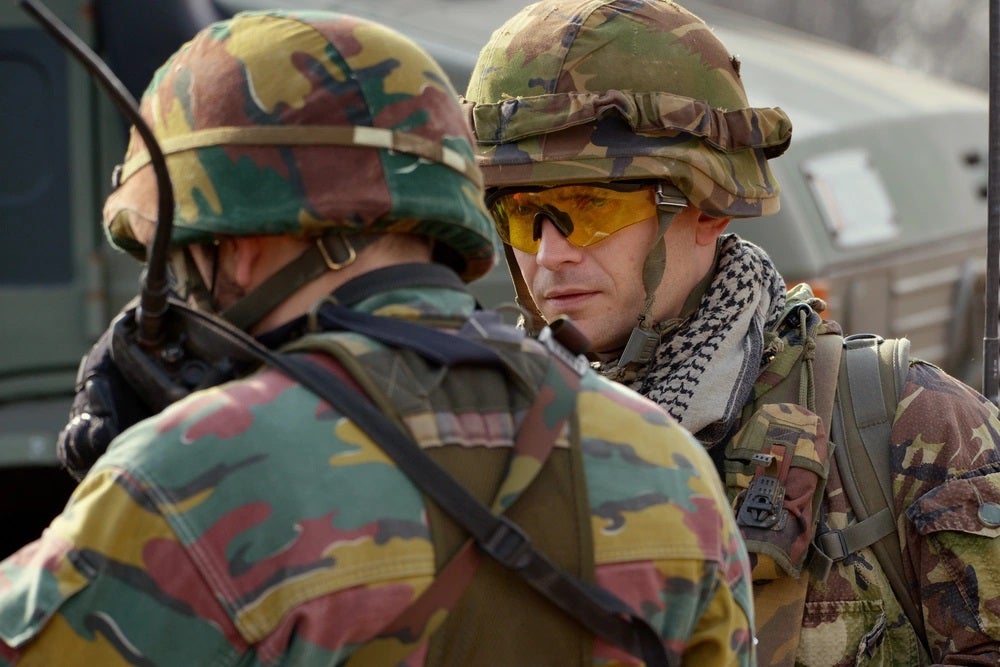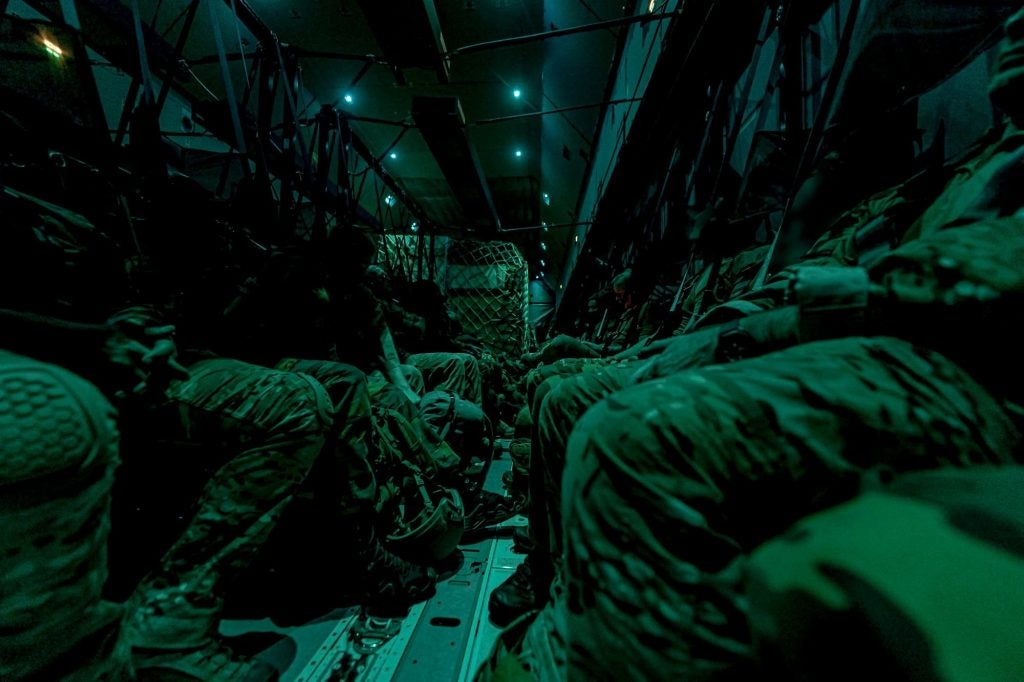EU Foreign Policy Head To Propose Formation Of European Expeditionary Force
The European Union’s foreign policy head, Josep Borrell, says that he plans to propose the formation of a 50,000-strong EU expeditionary force, tasked with providing an independent European response in the event of a future crisis similar to the fall of Kabul and the subsequent evacuations of foreign citizens and at-risk Afghans.
In an interview with Agence France-Presse, Borrell said that the chaotic evacuation process highlighted the need for Europe to develop an military capacity independent of the United States, warning that the next crises could be in Iraq and the Sahel. He continued: “Europe only responds in a crisis. Afghanistan could wake it up. The moment has come to give it a military force capable of fighting if necessary”.

Borrell blamed the slow pace of evacuations of Afghan EU staff and family members on “very strong” US security measures at Kabul’s international airport, saying that it would be “impossible” for all allied Afghans to be evacuated by August 31. He added that “I regret greatly the way in which things have gone, but no-one asked for the opinion of the Europeans”.
“Some countries are going to have to ask themselves questions about an American ally which, as Joe Biden said, doesn’t want to fight other people’s wars for them.
The Europeans don’t have a choice. We must organise ourselves to deal with the world as it is and not the world that we dream of.”
European officials have publicly and privately complained of US actions at the airport that affected evacuations of their own nationals, with arbitrary gate closures and refusal to admit documented citizens among the most common complaints. With the increasing likelihood that all evacuations will have to be stopped prior to August 31 due to a US withdrawal “deadline”, frustration has now turned to fear that future responses to similar crises would need to be done without a US “framework” like with the evacuations.

Germany’s presidency of the European Union in 2020 saw the launch of efforts to build what it calls a “strategic compass” by 2022, which will hopefully provide the EU’s 27 member states the means to execute “strategic autonomy” through both diplomatic and military power by way of a harmonized strategic culture. However, the consensus-based nature of the EU means that little can be predicted of what that compass will look like, given the differences in visions and risk assessments between individual member states that will need to be bridged.

